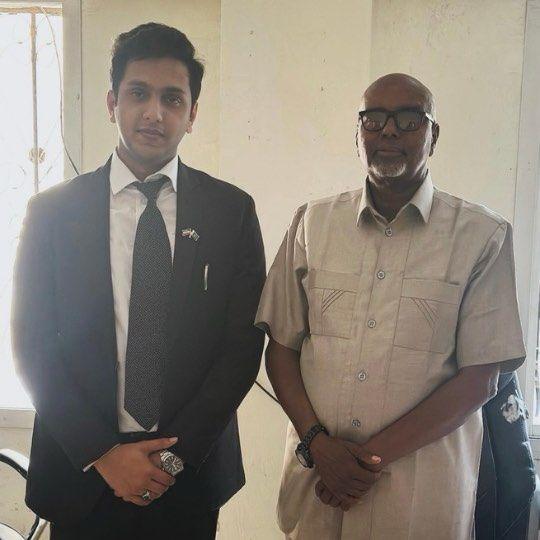By Muhammad Amin (Pakistan)
Nations around the world are commonly categorized as underdeveloped, developing, or developed. Underdeveloped nations have struggled to grow and prosper, while developing nations are making consistent efforts to progress. Developed nations, in contrast, are prosperous and stable in most aspects of life. The common foundation behind all this progress is education.
Balochistan, a province of Pakistan—a developing country—faces numerous challenges, one of the most serious being the neglect of its own mother tongue, Balochi. Despite being a language rich in cultural significance, social values, and traditions, Balochi is unfortunately being ignored. Many Baloch people, instead of valuing their own language, prioritize other languages.
One of the main reasons for this neglect is the preference given to Urdu and English, especially in the education system. There are also fundamental flaws within the system itself. Balochi is not taught in schools; instead, students are instructed in Urdu and English, which diverts their attention away from their native tongue.
When we look at other provinces, we see that in Punjab, for example, students learn Punjabi. So why is it that Balochi is not taught to students in Balochistan? This clearly reflects a pattern of deprivation faced by the Baloch people.
It is true that after independence, Pakistan had little choice but to adopt the British-style education system. However, even after decades, we have failed to meet the cultural and linguistic needs of all communities.
A sad reality is that while many Baloch are fluent in English, they often struggle to read or write in Balochi. This indicates that our mother tongue is at risk of being lost. What’s even more alarming is that in the past 64 years, although Balochi was briefly introduced in educational institutions, that effort was quickly abandoned.
Language is the backbone of a nation. It is a core part of identity. Balochi is not only a medium of communication but also a reflection of the Baloch people’s values, beliefs, and cultural heritage. According to the latest census, the Baloch population is approximately 6 million, with 70% residing in Balochistan and the rest spread across Pakistan. Balochi is primarily spoken in southeastern Pakistan and southeastern Iran, and by an estimated 8 to 10 million people globally. Still, it continues to be overshadowed by national and regional languages.
This neglect is not only a cultural loss—it is also a political injustice. It serves as a stark reminder of the ongoing marginalization of the Baloch people, who have been denied their basic right to express themselves in their own language.
Therefore, the government must take serious and immediate steps to make Balochi a compulsory subject at all educational levels. Unfortunately, when it comes to implementing meaningful reforms, many governments focus only on short-term political gains. Yet, to truly understand a nation, one must first understand its language.





